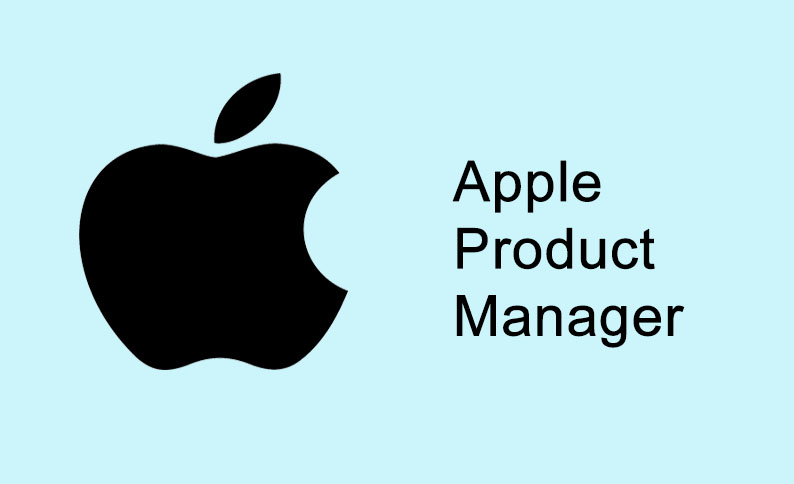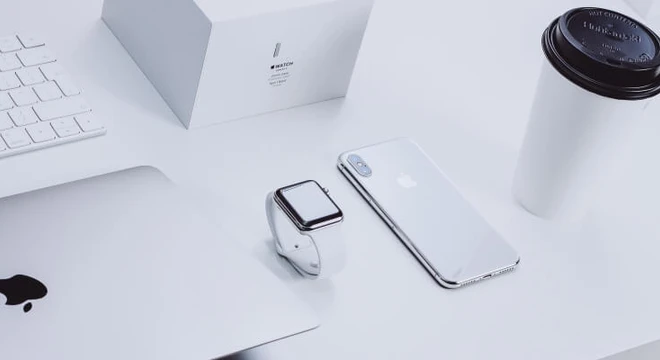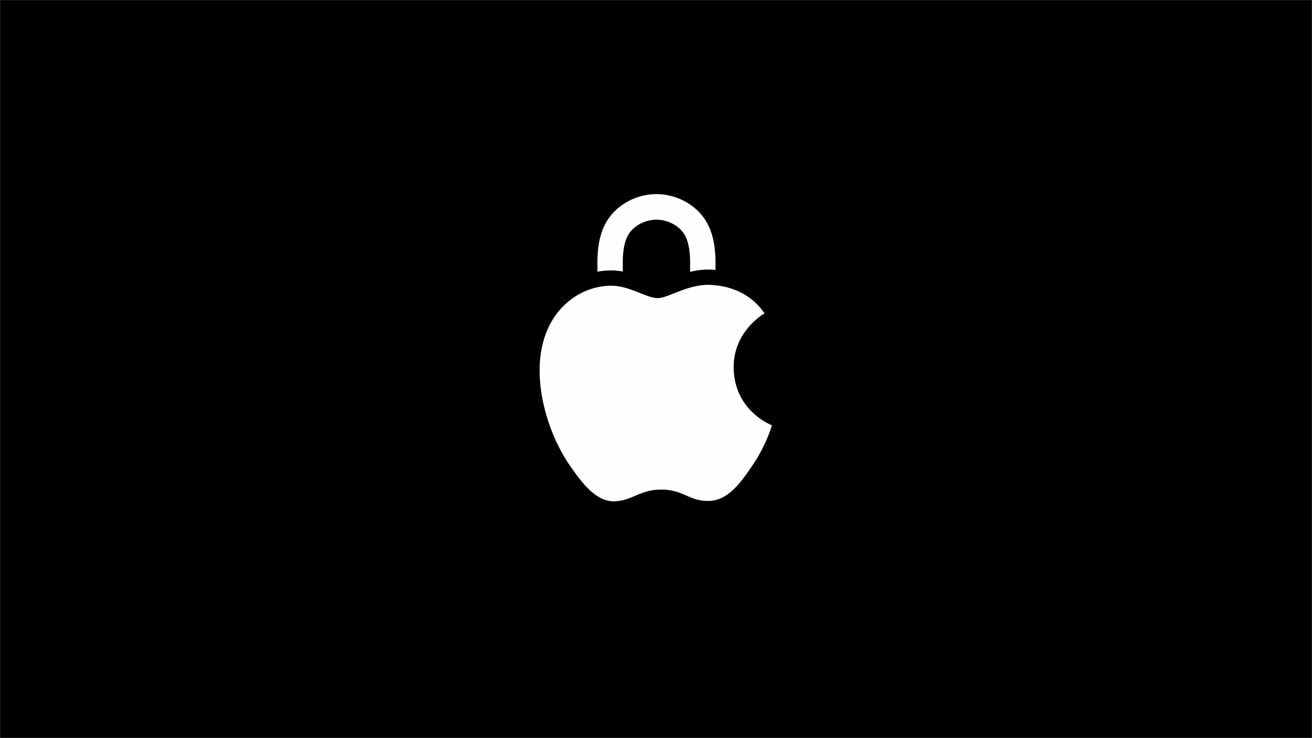Gain valuable insights on how to successfully prepare for the Apple Product Manager interview and secure a position at Apple by utilizing this comprehensive guide.

History of Apple.
Apple, the biggest company in the world by market value, offers a range of products including smartphones, tablets, computers, and portable and wearable gadgets. This lineup of items gives the impression that they have been around for ages. Let’s take a trip down memory lane to see how this company has evolved into the massive success it is today.
Steve Jobs and Steve Wozniak co-founded Apple in 1976, introducing the Apple I as their first computer. This initial model was a simple motherboard aimed at computer enthusiasts, lacking a monitor or keyboard. The success of the Apple I allowed them to develop the Apple II, a groundbreaking product that propelled Apple into the spotlight. The Apple II was designed for personal use, featuring a keyboard and impressive graphics displayed on a built-in monitor.
Following the launch of the Apple II, Apple experienced significant revenue growth. Despite the initial success, Apple faced challenges in the late 80s and 90s as new competitors emerged and management underwent changes.In 1998, Jobs realized the need for change, leading to the introduction of the iMac computer and the first iPod. This move resulted in a resurgence in Apple’s sales.
They made further successful decisions by launching the Apple iTunes music store and the MacBook Pro laptop. In 2007, Apple entered the smartphone industry with the launch of the first iPhone. This success led to the creation of the iPad tablet and the App Store, a marketplace for third-party applications. Since the early 2000s, Apple has consistently introduced groundbreaking technology.
Product Management at Apple.
The Project Manager position at Apple may not be as widely recognized as similar roles at other tech giants. You can find job listings for this role under Engineering Project Management on Apple’s job board, rather than on their career website. This is likely because Apple’s focus is on physical products, rather than digital ones, where Project Managers are more commonly used. Nevertheless, Apple does have dedicated Project Managers overseeing software products, leading teams to success.
Apple PMs collaborate closely with engineering to grasp product requirements, requiring a solid technical background to effectively engage with the team. All PM roles at Apple are considered technical positions. In addition to working with engineering, PMs collaborate with cross-functional teams to design products or new features.
They are expected to be creative problem solvers who can analyze major issues and find viable solutions. PMs take ownership of the entire product cycle, from discovery to design, prioritization, implementation, and support during product rollout. Apple follows a well-defined product development process, and PMs are expected to be well-versed in it. More details on this will be discussed later.
Another crucial aspect of the PM position that sets it apart from PM roles at other companies of comparable size is the close collaboration with executive teams. PMs are responsible for providing regular progress updates to executives, either verbally or through detailed documentation.
This involves sharing the roadmap, outlining each stage of the development process, and discussing deliverables along with timelines. Additionally, PMs participate in numerous review sessions where executives evaluate ongoing projects and determine if sufficient progress is being achieved. In cases where progress is lacking, executives will encourage PMs to assist the product and team in realigning their efforts.
Career Growth.
Previously mentioned, Apple PMs lack a well-developed culture compared to other tech companies of similar size, resulting in a limited career ladder. To qualify for any Apple PM position, you must have 5 to 8 years of PM experience. Once in the company, the PM career ladder is quite narrow, following the path of the Apple Engineering Project/Program Manager. The starting role is ICT3, with opportunities to advance to ICT4 and ICT5, and potentially to VP, although this is rare at Apple.
Role and Salary of an Apple Product Manager.
Let’s start by examining the role before we jump into your Apple product manager interviews.
Can you explain the role of an Apple Product Manager?
As an Apple product manager, you’ll collaborate with other product managers and cross-functional colleagues in content production, business intelligence, data science, marketing, design, and engineering to create, develop, and monitor customer-centric products, services, and experiences across Apple’s entire ecosystem, including electronic products like iPhone, iPad, Apple Watch, Apple Music, Apple TV+, Maps, other apps, and more.
A successful Apple product manager not only fulfills product owner responsibilities but also possesses strong technical skills. Being able to communicate technical concepts to both engineers and non-technical individuals, build relationships, and drive cross-functionality are key to excelling in this role. In certain positions, product managers at Apple are required to blend product management with product marketing, necessitating the ability to articulate the product’s value, position it effectively, and craft messaging for its launch.
To truly make a difference as a PM at Apple, it’s important to do more than just deliver – you need to ensure that you’re working on projects that have a strong presence.

What skills are required for an Apple Product Manager?
When looking at the current product manager positions at Apple, you’ll notice that most of them require a BA/BS degree or relevant work experience. Some positions will need at least 7+ years of product management experience, and involvement in at least one product development cycle. Apple PM job listings commonly seek experience in analytics, experimentation, data storytelling, working in cross-functional teams, handling data, and leading Agile/Scrum projects. Each team will have slightly different qualifications and requirements for the role.
Unlike other top tech companies that focus on MVPs (minimum viable products), Apple is dedicated to delivering products that go beyond expectations, so they are not in a rush to launch. This product culture influences how they select their staff. As expert PM coach John explains, Apple looks for highly qualified individuals who are ready to commit, build their reputation over time, and put in the effort patiently. If you are looking for quick wins and fast returns, then Apple’s culture may not be the right fit for you.
What is the salary range for an Apple Product Manager?
According to data from Levels.fyi, the typical total compensation for an Apple PM is $290k, which is 28% more than the average total compensation for a US PM in 2024.
The location factor influences the variance in base salary according to Glassdoor data. For comparison:
| Apple India PM | est. average of $24k/year |
| Apple Australia PM | est. average of $63k/year |
| Apple US PM | est. average of $176k/year |
Interview Process and Timeline for Apple Product Manager Position.
The hiring process for Apple PMs usually lasts around four to six weeks, but the timeline may vary depending on the specific role and location you’re interested in.
Here’s a brief summary of the stages you can expect to go through:
Submitting your resume, cover letter, and referrals
Initial phone screening with a recruiter
Phone or video interviews
Completing a take-home exercise
In-person interviews at the Apple office
Final interview.
Please take note that Apple has a functional organizational structure, which means its functional areas (e.g. design, engineering, etc.) are more autonomous compared to most companies of its size. Due to this, there is no standardized interview process, and the candidate experience will vary widely depending on which team you are applying for. This makes preparing for Apple interviews particularly challenging. To give you an idea of what to expect, we will discuss the steps that previous candidates have shared on Glassdoor and Blind.
Note: if you are interviewing for a product leadership position (VP, Director, Group PM), check out our guide on how to prepare for product leader interviews.
Table of Contents
CV, application letter, and recommendations.
Recruiters will initially review your resume to determine if your experience aligns with the available position. This is a highly competitive phase, as many candidates are unable to progress beyond this point.
Feel free to utilize this complimentary resume guide to customize your resume for the specific position you are aiming for.
Additionally, if you seek professional advice, you can also receive feedback from our team of former FAANG recruiters. They will provide guidance on which accomplishments to emphasize (or disregard), how to refine your bullet points, and more.
Initial phone screening with the recruiter.
Once you get the chance to interview with Apple, you will have a phone screen with a recruiter. This is the same for all teams. During the call, the recruiter will ask you typical resume and behavioral questions. So be prepared to talk about your key experiences, especially those mentioned in your application, and your most impressive work achievements. They will be assessing your fit with Apple’s culture, your overall qualifications for the role, and whether you have the potential to succeed in future interview rounds. At this stage, the recruiter will probably give you an idea of what interview steps to expect. If not, feel free to ask any questions about the process.
Interviews conducted via phone or video calls.
After the initial recruiter phone screen, you will move on to your first PM-focused interviews. These interviews may consist of one or multiple video or phone calls, each lasting between 30-60 minutes. During these interviews, you will be speaking with an Apple hiring manager or product manager from the team you are applying for.
It is important to be ready to answer both common PM interview questions and more specific questions about your previous experiences. Since relevant hands-on experience is highly valued for PM roles, be sure to discuss your past roles in detail.
Highlight your skills, achievements, and strengths that you believe make you a strong candidate for the position. For more information on the types of questions you can expect and how to prepare for them, please refer to section 3 of this guide.
Home assignment.
Sometimes, you may need to complete a written take-home exercise. This could happen after the initial interviews we’ve mentioned earlier. Not every candidate will have to do this task. The purpose of this exercise is to observe how you handle the kinds of challenges you might face in the role.
The exercise will probably revolve around a common PM question, like a metric or technical issue. Alternatively, the take-home exercise might involve creating a panel presentation that you will need to prepare in advance and deliver to the team you are interviewing with during the onsite round. In this scenario, you will receive materials to help you prepare and be given a product concept to explore.
In-person interviews.
The onsite portion consists of a loop of seven to ten separate interviews, which can be conducted in person or virtually.
One of the rounds will be a lunch interview on the Apple campus. You’ll have at least one PM interview, and possibly more, as well as interviews with various members of your future team, such as managers, directors, and senior engineers.
The questions will cover behavioral, design, strategy, technical, and analysis categories, which we’ll discuss in more detail in section 3.
Remember that Apple takes pride in its products, so it’s best to avoid bringing any non-Apple gear to the interview, such as a Fitbit or Whoop, and if you have an Android phone, keep it out of sight.
Last interview.
Sometimes, candidates who successfully complete the onsite rounds may be asked to attend a final interview with a senior team member.
This interview is typically a brief yet thorough assessment that covers any aspects the team may have overlooked during the onsite rounds, in addition to evaluating your compatibility with Apple’s culture.
Be sure to prepare for this interview just like you did for the onsite rounds, utilizing the practice questions in section 3 and the advice in sections 4 and 5. If everything goes smoothly, this final interview or the onsite round will mark the end of your journey as a candidate, and then all you have to do is wait for (hopefully) your offer.
Sample Questions for Apple Product Managers.
We’ve put together a list of sample PM interview questions to assist you in preparing for your Apple interviews.
These questions cover a wide range of topics and have been categorized into six groups based on their frequency at Apple and similar companies such as Google, Meta, and Amazon.
The categories include:
Behavioral questions.
Design questions.
Strategy questions.
Technical questions.
Analysis questions.
Now that you’re familiar with the main types of PM interview questions, here are some specific examples from Apple’s candidate feedback on Glassdoor and Blind, along with questions from other companies to help you fully prepare.
Questions about behavior.
Make sure to thoroughly prepare for the behavioral questions during your Apple interview. Your ability to build relationships and work autonomously will be assessed, so be ready to discuss your past projects, problem-solving skills, and influence on others. Study Apple’s core values and provide examples from your experience that align with them. Good luck!
Motivational fit inquiries: seek to uncover if you grasp and resonate with the company’s fundamental principles, and if your personal values, drive, and goals are a good match for the role.
General situational questions: aim to delve into your previous work experiences and actions, to demonstrate how you tackle particular professional obstacles and scenarios by utilizing your leadership, communication, interpersonal, and problems-solving abilities.
- Sample Apple PM interview questions: Behavioral
- What makes you excited about working at Apple? (example response from Google interviews)
- Why are you interested in this specific position?
- Can you describe Apple’s products in three words from your perspective?
- What do you consider to be your key strengths for this role?
- Where do you see yourself in your career five years from now?
- Share the most recent experience where you acquired new knowledge.
- How do you maintain your work organization?
- General behavioral inquiries
- Share a situation where you persuaded someone without having authority over them.
- Discuss a challenging moment you faced in your professional journey.
- What accomplishment are you most proud of?
- Describe a time when you had to make a decision amidst uncertainty.
- Narrate an instance where you had a disagreement with a colleague or manager.
- Talk about a time when you experienced failure.
- Recall a moment when you felt valued at work.
- How do you manage unexpected changes or obstacles in a project? Can you provide an example of a difficult project you completed successfully and how you overcame challenges?
Design questions.
One of the main responsibilities of a PM is to assist in creating new product features and enhancing existing ones. During interviews, design questions are asked to evaluate your customer understanding, creativity, and ability to follow a structured design process. Apple takes pride in their products, so expect design questions related to them.
Strategy questions.
Strategy interview questions assess your ability to consider various aspects that effective PMs must consider when making product decisions. At Apple, you will often lead projects independently, so having a strong strategic sense is crucial.
Come prepared to talk about the strategies and approaches you use in your PM role, as well as how you tackle complicated issues. Expect questions about your product vision and collaboration with other teams to develop a roadmap.
1. Apple Product Manager interview questions:
- Strategy Which holds more weight in your opinion, resolving the customer’s issue or ensuring a positive customer experience?
- Our engineering teams are well-versed in utilizing various methodologies.
- What is your take on them?
- Have you had experience using them before?
- What tools do you prefer for managing specific processes (workflow, people management, wire-framing)?
- And why? Put yourself in the shoes of Apple’s CEO – if you had to remove one product from the lineup,
- which one would it be? [Hint: avoid mentioning iCloud] Share a testing method you’ve implemented in the past.
- Outline the necessary requirements for testing devices in a project.
- When it comes to project management, do you lean towards Waterfall or Agile methodology?
Technical questions.
It is crucial for a product manager to grasp technical concepts, simplify them for others, engage in high-level communication with engineers, and adopt a developer’s mindset. Consequently, anticipate answering a couple of technical questions during your interview at Apple, tailored to the team you’re interested in and the skills you’ve highlighted on your resume. Be prepared to demonstrate your technical expertise.
Apple Product Manager Technical questions:
- Can you explain the essential elements required to construct a data processing and reporting system?
- 2. Can you demonstrate and explain something to me using a whiteboard, whether it’s related to work or not?
- 3. Can you create an algorithm that can identify whether a string is a palindrome or not?
- 4. Can you discuss shell sort and its pros and cons?
- 5. Can you explain the 3 different indexes and their characteristics? When would you prefer to use one over the others?
- 6. How would you approach a technical problem that you’ve never faced before? Please outline your step-by-step methodology.
Analysis questions.
Apple relies on metrics to determine success and plan for the future. During your interview, expect questions about which metrics you would monitor in specific scenarios, or how you would analyze changes in a particular metric. As of now, there is limited information on Apple’s data analysis interview questions, so the examples provided are from Amazon, Meta, or Google.
- Example PM interview questions: Analysis
- What criteria will you use to determine the success of the Facebook Newsfeed? (response)
- YouTube traffic has decreased by 5% — how would you communicate this problem to the executive team? (response)
- What indicators did you use to evaluate the successful launch of your product?
- What metrics will you use to gauge the success of Facebook’s “Save Item” feature?
- How would you assess the success of the new YouTube Player UI?
- There has been a 15% decline in the usage of Facebook Groups — how would you address this?
- You have recently localized an e-commerce site in Spain and have noticed a decrease in traffic — what could be the reasons?

